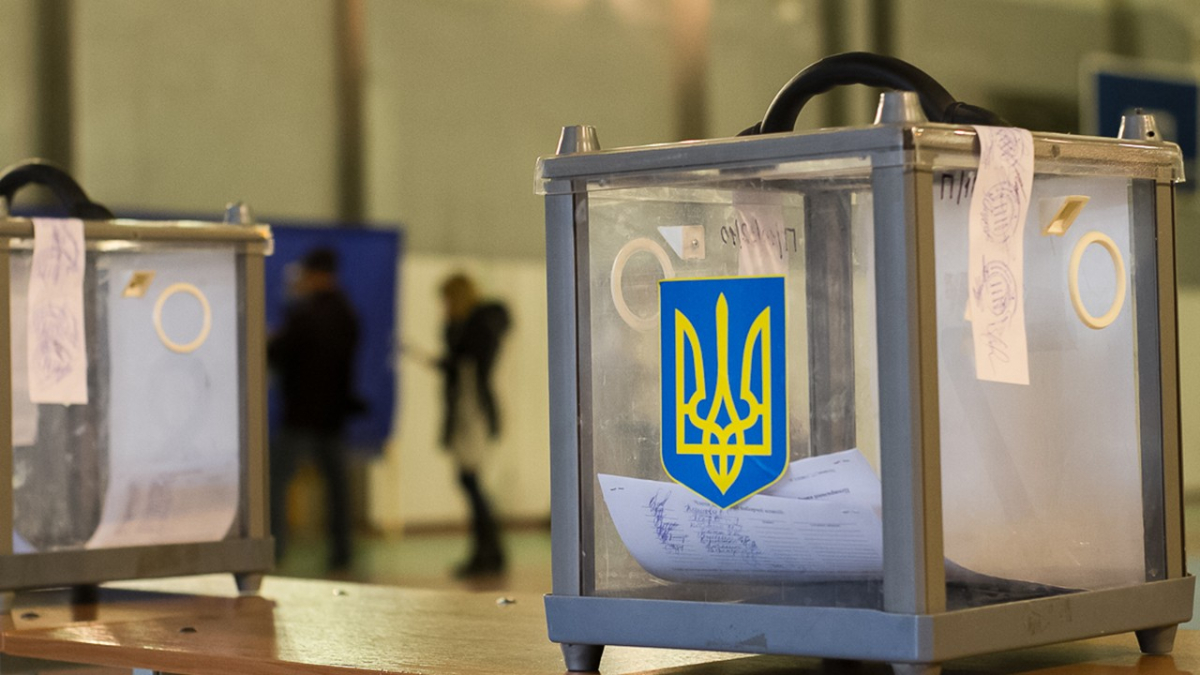How Ukrainians feel about elections during the truce: new data from KIIS
27 March 12:31
There is now regular information about the demand for Ukraine to hold national elections. At the same time, in March 2025, talk of a possible temporary ceasefire and the possibility of holding elections under such conditions intensified. According to a sociological survey conducted by the Kyiv International Institute of Sociology (KIIS) from March 12 to 22, 2025, the vast majority of Ukrainians have a negative attitude towards the idea of elections during a temporary truce without clear security guarantees, "Komersant Ukrainian" reports
According to KIIS, 77% of Ukrainians oppose holding elections during a temporary ceasefire without security guarantees. They believe that elections should be held only after receiving reliable security guarantees or signing a final peace agreement that will mark the complete end of the war.
Only 8% of respondents support the idea of elections under such conditions, and 11% believe that elections should be held immediately, even without a ceasefire. Thus, a total of 19% of respondents are ready for elections now or under a ceasefire without guarantees.

Interestingly, even in the case of a truce with certain security guarantees, the opinion of Ukrainians remains almost unchanged. An absolute majority – 78% – still oppose elections, insisting that they are possible only after the war is finally over.
Only 19% support elections under such conditions.

The impact of trust in President Zelenskyy
The KIIS survey also found a link between attitudes toward the elections and the level of trust in President Volodymyr Zelenskyy. Among those who do not trust the head of state, support for the elections is higher – 46%, although even in this group, 50% are against them.
Follow us on Telegram: the main news in brief
Instead, among those who trust the president, 90% see no need for elections now, and only 8% are ready to support them.

In all regions of Ukraine, an absolute majority (75-78%) oppose holding elections.

These data show that political loyalty plays an important role in shaping public opinion on this issue.
Survey methodology
The poll was conducted by the Kyiv International Institute of Sociology as part of the Omnibus nationwide survey from March 12 to 22, 2025. A total of 1326 respondents over the age of 18 who live in the government-controlled areas of Ukraine were interviewed by telephone (CATI).
The sample was randomly selected using mobile number generation and subsequent statistical weighting.
The statistical error of the sample does not exceed 3.5% for indicators close to 50%, which makes the results of the study representative.
It is worth noting that the level of trust in Volodymyr Zelenskyy increased slightly in early 2025, which is attributed to a change in US policy and the escalation of the situation at the front. Sociologists continue to monitor the dynamics of trust in the President of Ukraine in March, recording stable indicators of support among citizens.
Follow us on Telegram: the main news in brief









